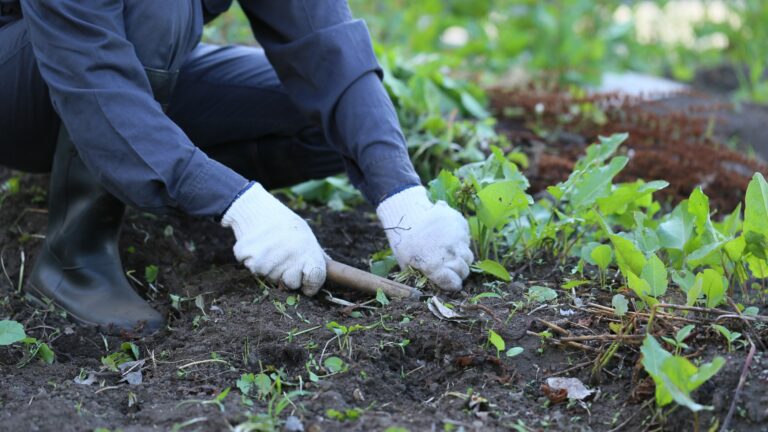15 Reasons To Keep Raccoons Around (And The Unexpected Benefits They Bring)
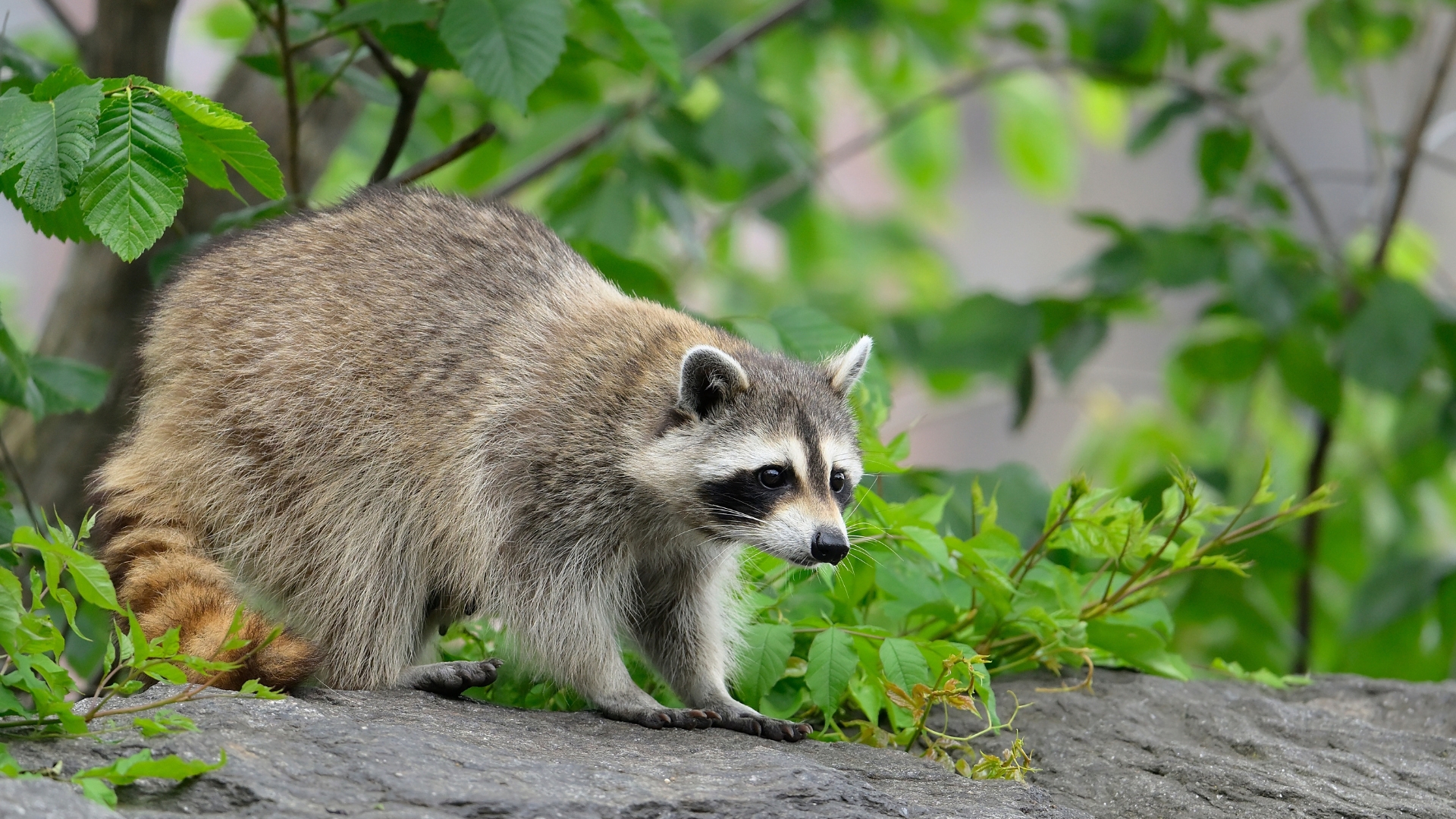
Raccoons might have a bad reputation, but they’re not all trouble and trash cans. I’ve learned there’s a surprising side to these masked critters that most people don’t know about.
Believe it or not, having them around can actually be a good thing—yep, really! From natural pest control to a bit of unexpected charm, they bring more to the table than you’d expect.
Let’s take a look at why these little night wanderers might just deserve a spot in your yard.
1. Natural Pest Control Experts
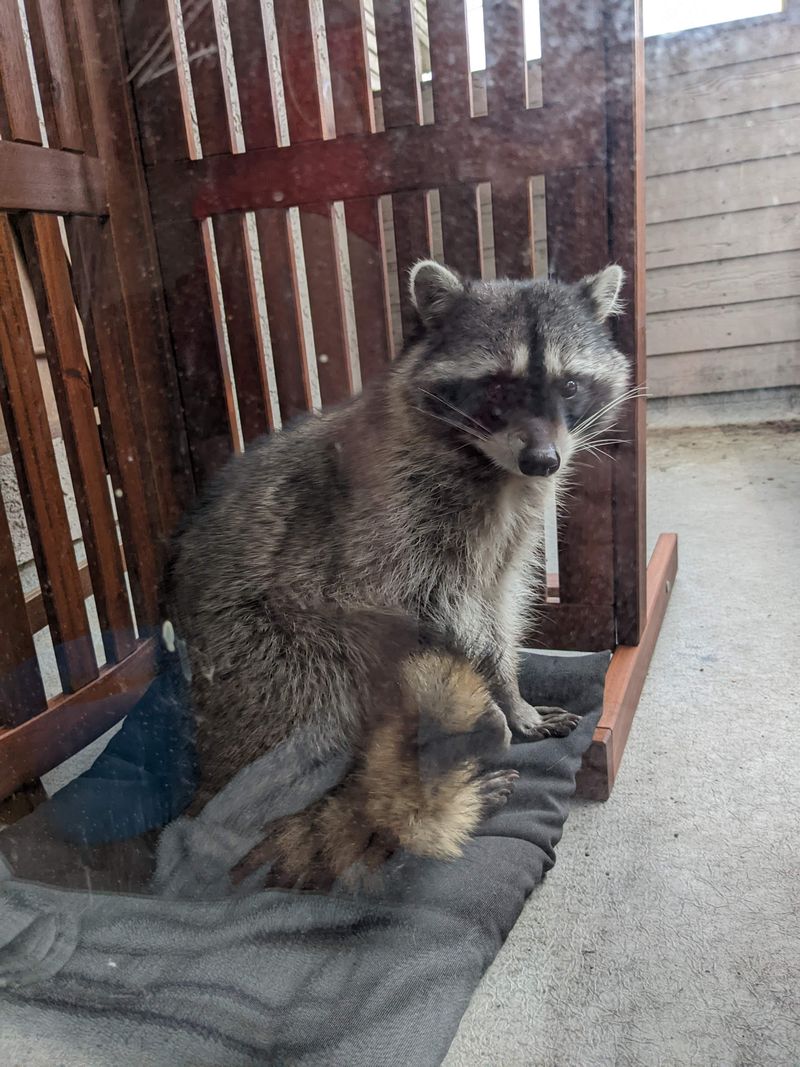
Those nimble raccoon paws excel at catching garden pests like grubs, beetles, and small rodents that damage your plants. They hunt these nuisances with remarkable efficiency, providing free pest management services.
Raccoons particularly love Japanese beetle larvae, which can devastate lawns when left unchecked. Their nightly hunting routines help maintain a balanced backyard ecosystem without harmful chemicals.
2. Seed Dispersal Champions
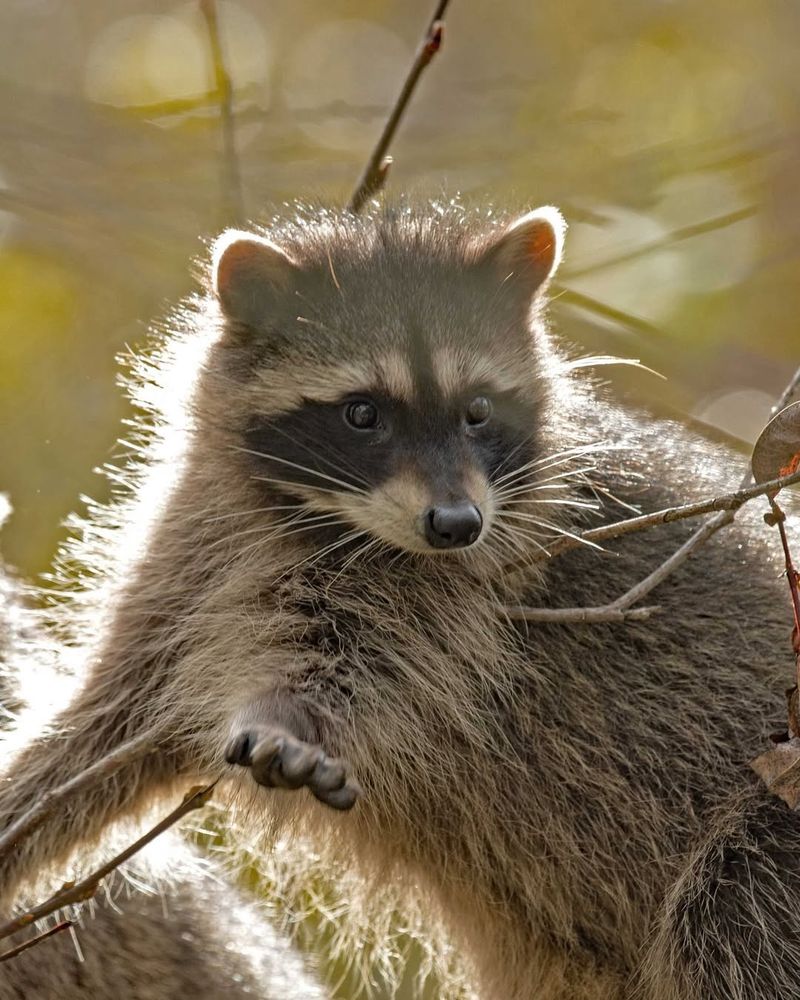
Raccoons feast on berries and fruits, then travel considerable distances before their digestive systems complete their work. This makes them excellent seed dispersers, helping plant species spread throughout your local area.
Many native plant species rely on wildlife like raccoons for propagation. The seeds they spread often grow in nutrient-rich soil thanks to the natural fertilizer that accompanies them.
3. Ecological Indicator Species
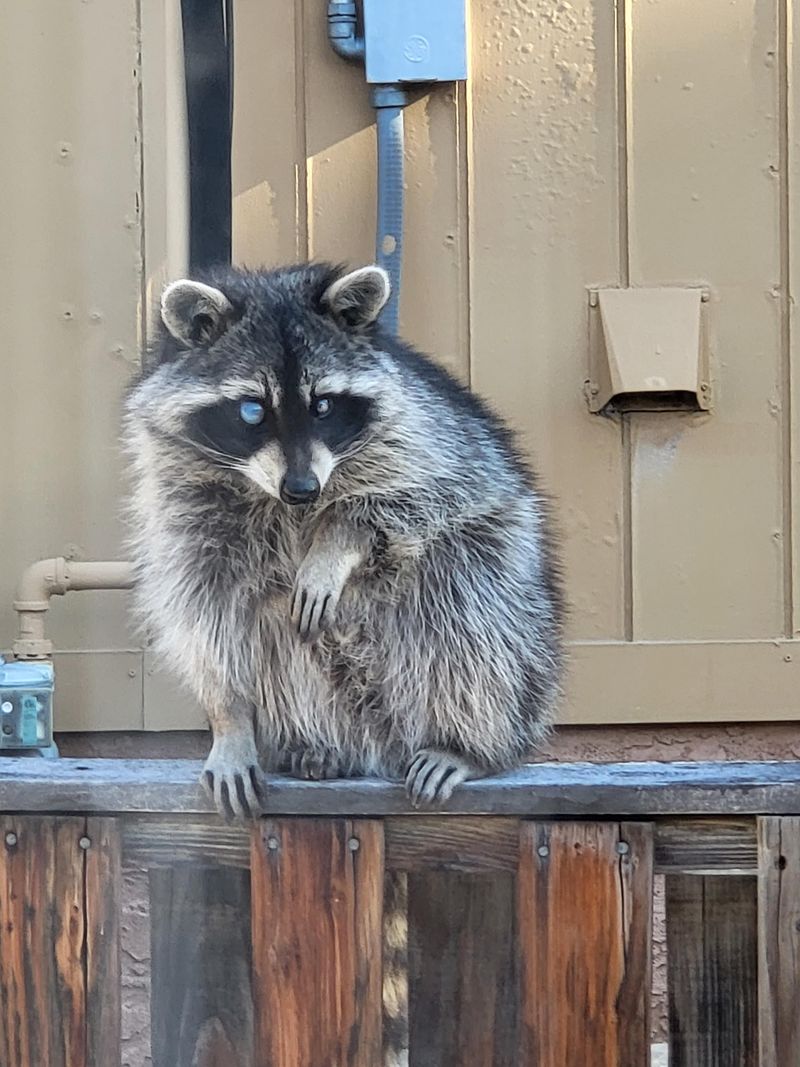
Healthy raccoon populations signal a balanced ecosystem. Their presence indicates your area has adequate food sources, clean water, and suitable habitat—all markers of environmental health.
Scientists often monitor raccoon populations to gauge habitat quality. When these adaptable creatures thrive in your neighborhood, it suggests your local environment remains relatively healthy despite urban development.
4. Cleanup Crew Extraordinaire
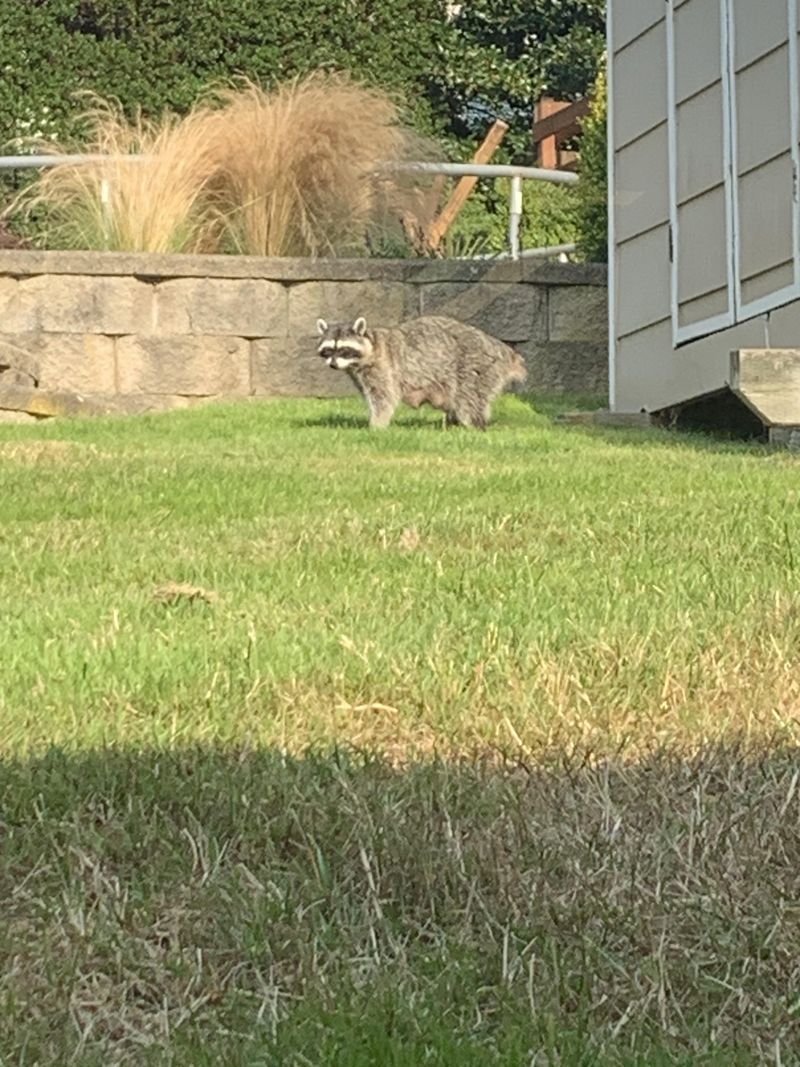
Raccoons function as nature’s janitors, consuming carrion and other decaying organic matter that might otherwise create unpleasant odors or attract flies. Their scavenging helps maintain cleaner outdoor spaces.
While their trash-tipping reputation frustrates many homeowners, this behavior actually helps recycle nutrients back into the ecosystem. Their cleanup services prevent many disease-carrying insects from breeding in rotting materials.
5. Soil Aeration Specialists
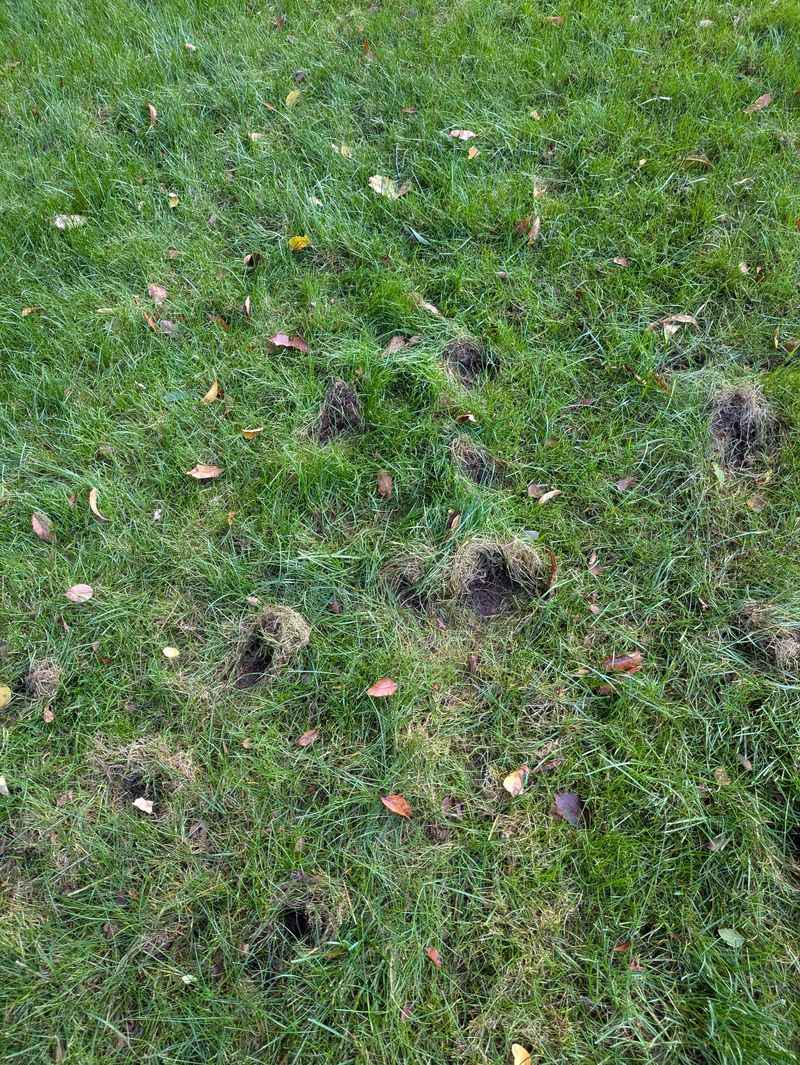
When raccoons dig for grubs and insects, they naturally aerate your soil, improving its health and quality. Their foraging behavior breaks up compacted earth, allowing better water penetration and root growth.
Garden soil benefits tremendously from this natural turning. The small holes they create while hunting for food help oxygen reach deeper soil layers, enhancing microbial activity and nutrient availability for your plants.
6. Free Compost Turning
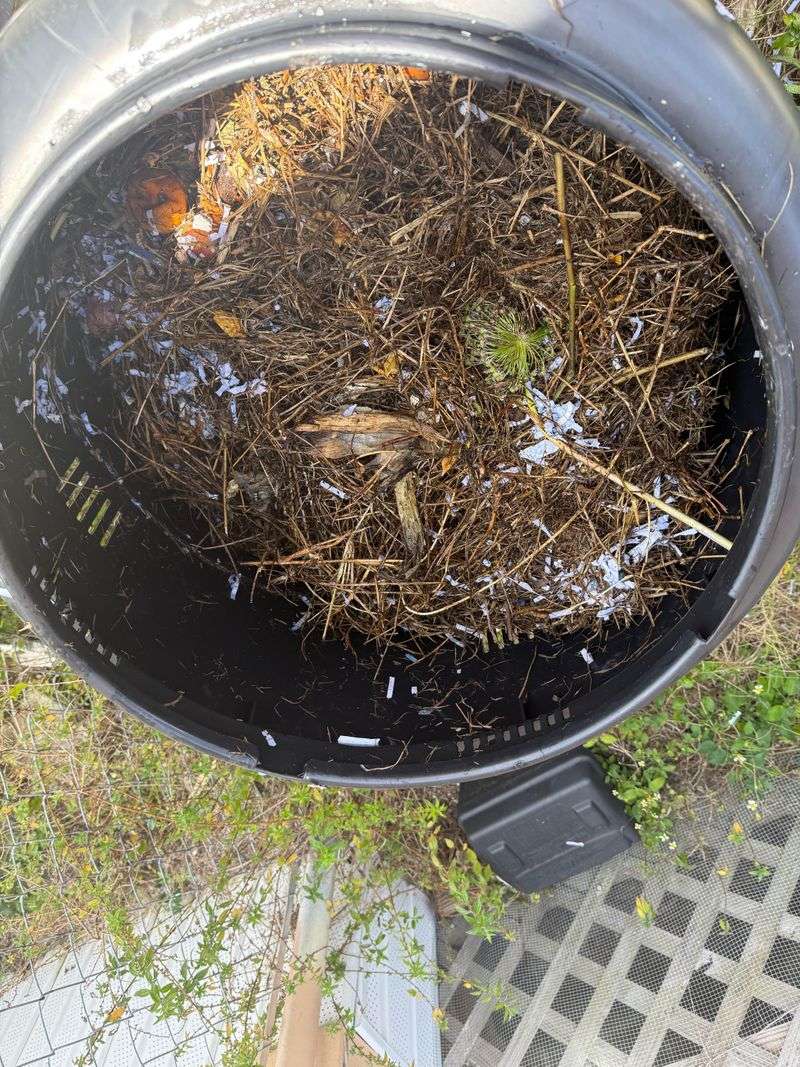
Backyard composters often discover raccoons rummaging through their piles, which inadvertently helps turn and mix decomposing materials. This raccoon-powered turning accelerates the decomposition process without any effort on your part.
The mixing action introduces oxygen into compost piles, preventing anaerobic conditions that cause bad odors. Their curious nature and love for hidden treats make them surprisingly helpful compost assistants.
7. Natural Lawn Grub Control
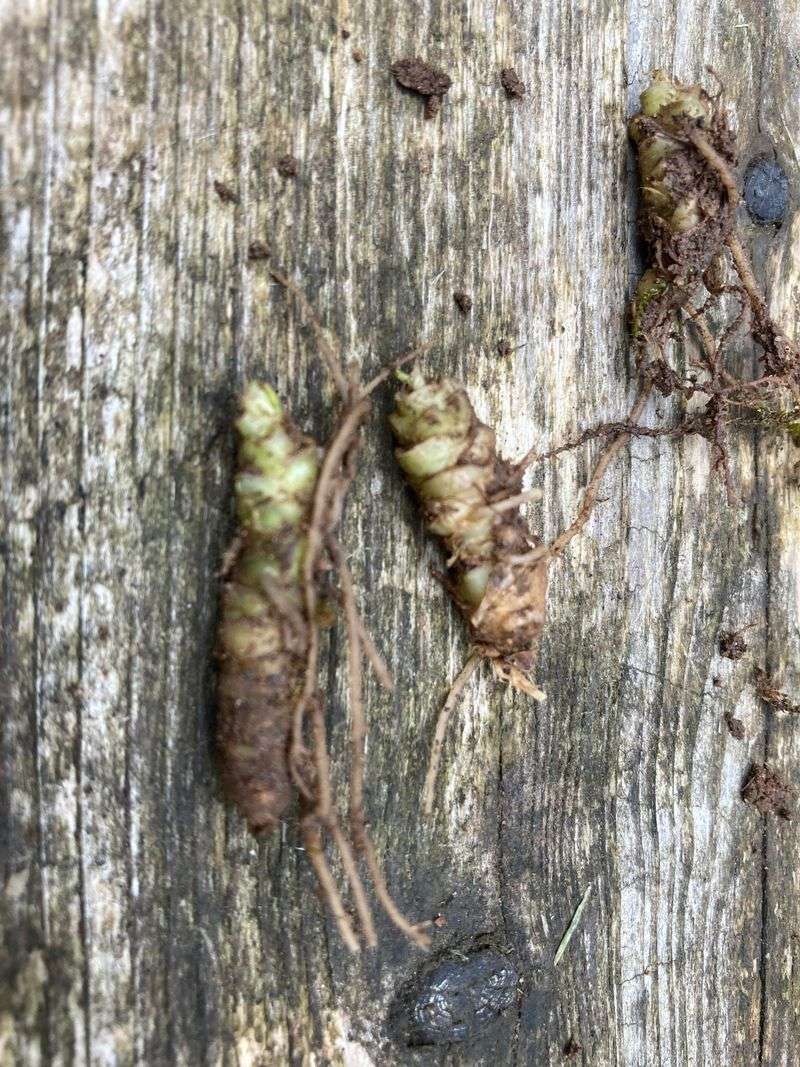
Those patches of turned-up grass in your lawn might actually signal raccoons providing valuable service. They target destructive grubs that feed on grass roots and eventually become lawn-destroying beetles.
Professional lawn treatments for grubs can cost hundreds of dollars annually. Raccoons deliver this service free of charge, protecting your turf from these damaging pests while saving you money on lawn care.
8. Wetland Ecosystem Support

Raccoons play vital roles in wetland ecosystems, controlling populations of frogs, fish, and crayfish that might otherwise become unbalanced. Their feeding behaviors help maintain biodiversity in these sensitive habitats.
Many wetland plants benefit from raccoon activities like seed dispersal and soil disturbance. Healthy raccoon populations contribute to the overall resilience of these important ecological transition zones between land and water.
9. Fascinating Wildlife Viewing
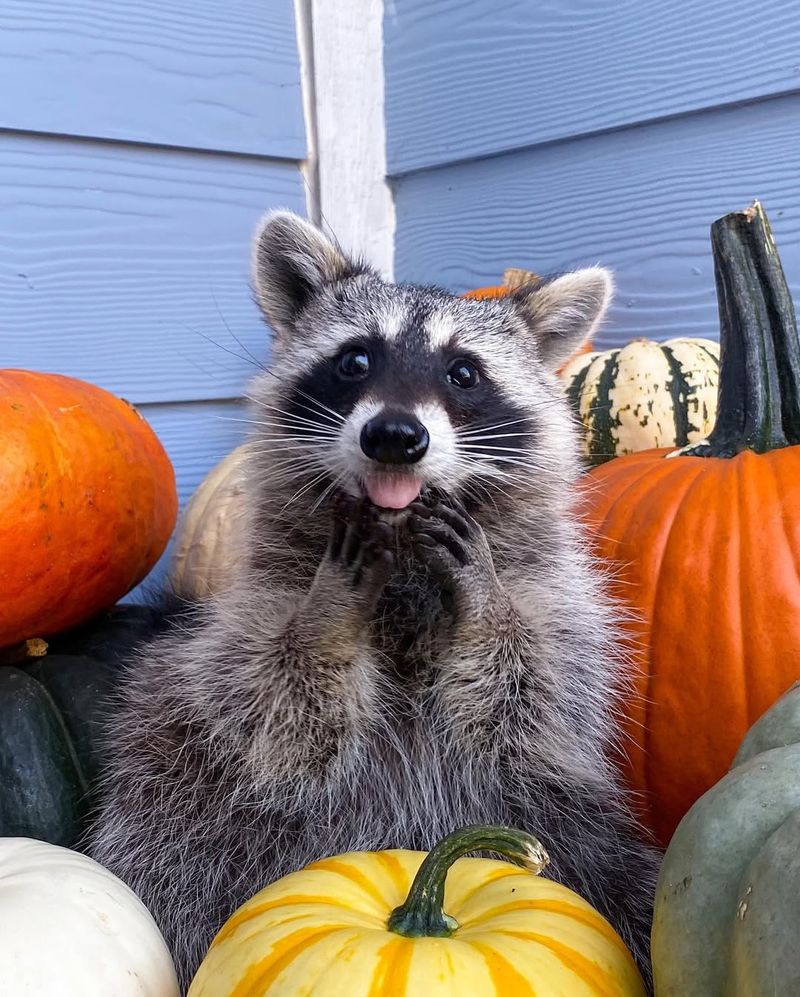
Watching raccoons provides endless entertainment and educational opportunities, especially for children. Their problem-solving abilities and dexterous front paws demonstrate remarkable intelligence and adaptability.
Family raccoon groups offer glimpses into complex social behaviors rarely seen in suburban wildlife. Observing these clever creatures can foster greater appreciation for urban wildlife and inspire interest in conservation among younger generations.
10. Snake Population Control
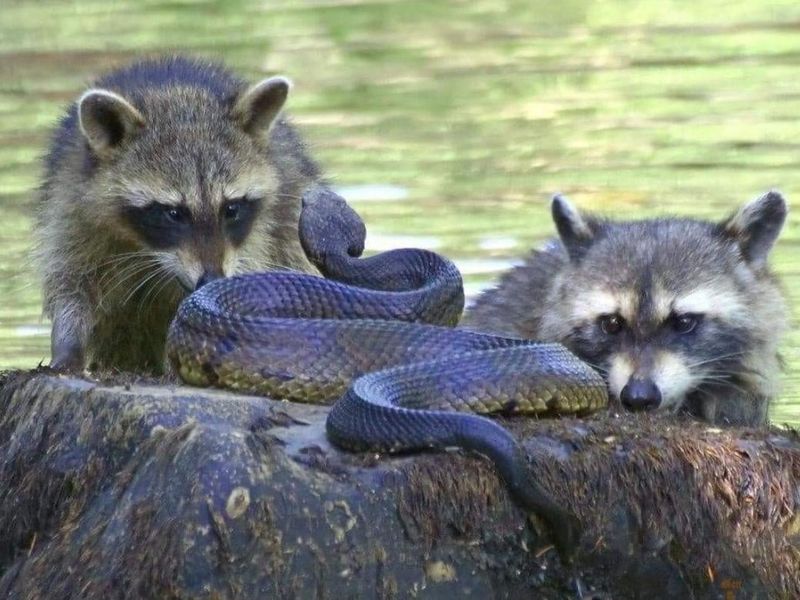
Raccoons include snakes in their diverse diet, helping control populations that might otherwise become problematic near homes. This natural predation keeps potentially dangerous snake encounters to a minimum around your property.
Young raccoons particularly target smaller snakes during training hunts. This natural control method reduces the need for dangerous chemical snake repellents or professional removal services.
11. Tick Consumption Benefits
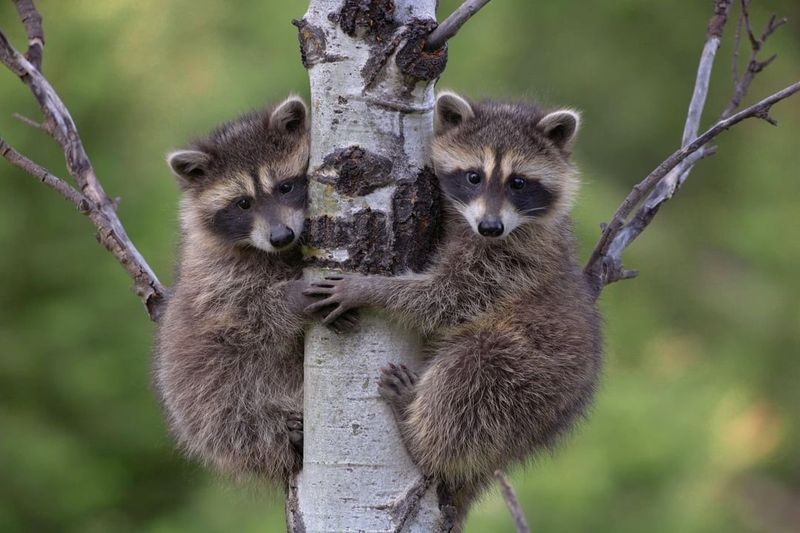
Among the many insects raccoons consume, ticks rank high on their menu. By eating these disease-carrying parasites, raccoons indirectly protect humans and pets from Lyme disease and other tick-borne illnesses.
A single raccoon can consume thousands of ticks annually through direct feeding and by grooming ticks from their fur. Their tick-eating habits make your outdoor spaces safer for family activities.
12. Natural Tree Pruners
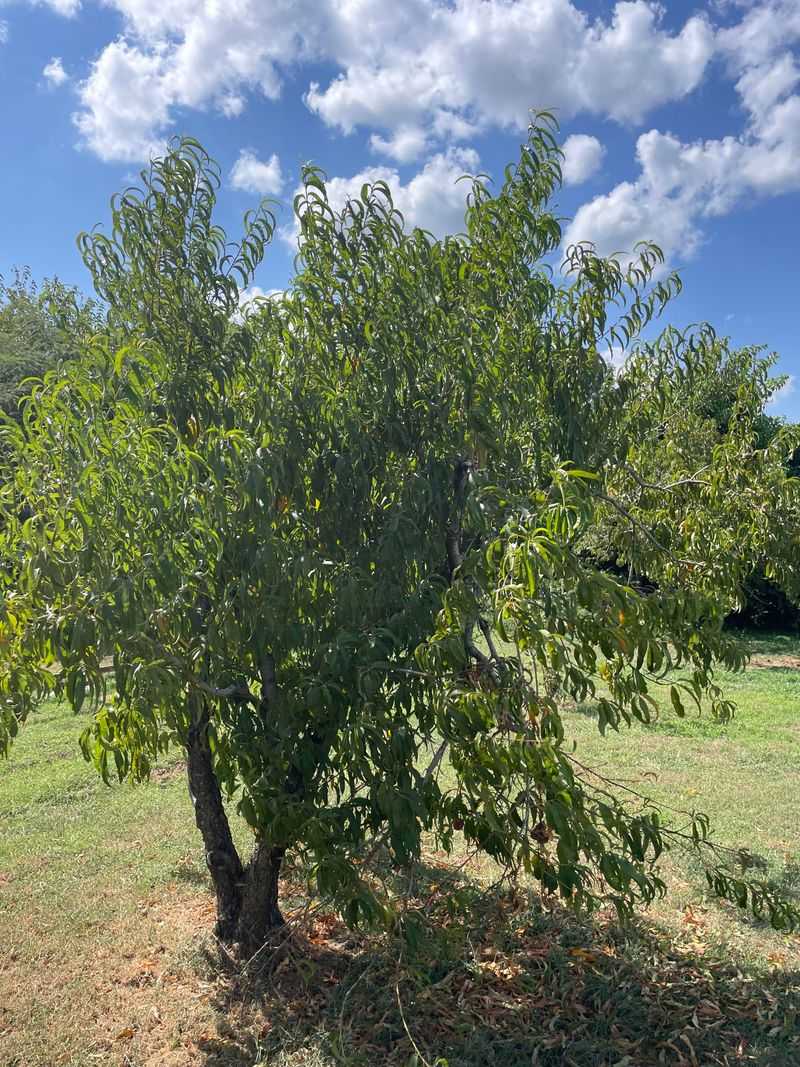
Raccoons often climb fruit trees to reach ripe produce, naturally pruning weak branches in the process. Their weight tests limbs that might otherwise break during storms, potentially preventing property damage.
This natural pruning stimulates new growth in many tree species. Fruit trees particularly benefit from the minor stress raccoons cause, often producing better harvests in subsequent seasons.
13. Mosquito Population Reduction

Raccoons frequently visit water sources where they catch and eat mosquito larvae. Their habit of washing food often leads them to standing water, precisely where mosquitoes breed.
By disturbing water surfaces and consuming larvae, they disrupt mosquito breeding cycles. This natural mosquito control makes your backyard more comfortable during summer months and reduces disease vectors without chemical interventions.
14. Garden Fertilization Services

Raccoon droppings provide free, nutrient-rich fertilizer for your garden. Their omnivorous diet creates waste that’s particularly beneficial for flowering plants and fruit-bearing trees.
Unlike chemical fertilizers, this natural alternative releases nutrients slowly into the soil. The organic matter improves soil structure while feeding beneficial microorganisms that enhance plant health and productivity.
15. Natural Warning System
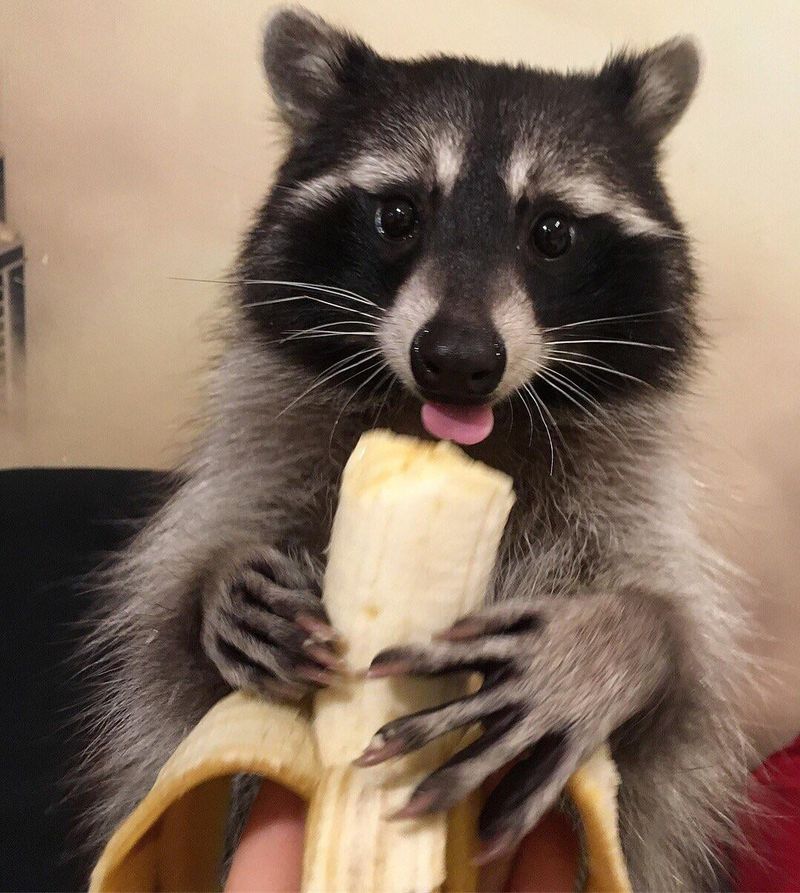
Raccoons possess excellent hearing and smell, making them sensitive to environmental changes. Their sudden absence or unusual behavior often signals problems like gas leaks, predator presence, or environmental contamination.
Many homeowners report raccoons becoming agitated before storms or natural disasters. Their instinctive awareness of environmental threats makes them unintentional early warning systems for human neighbors.



